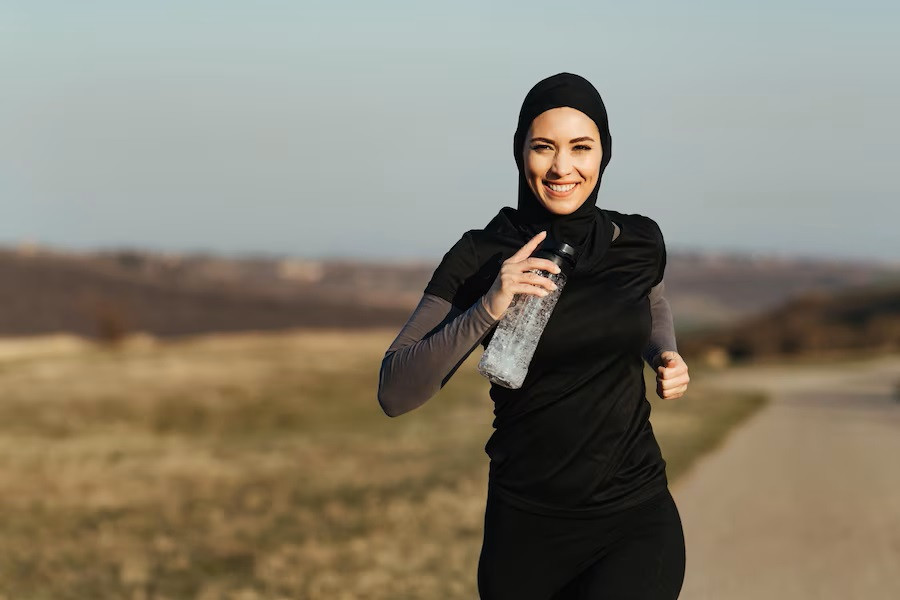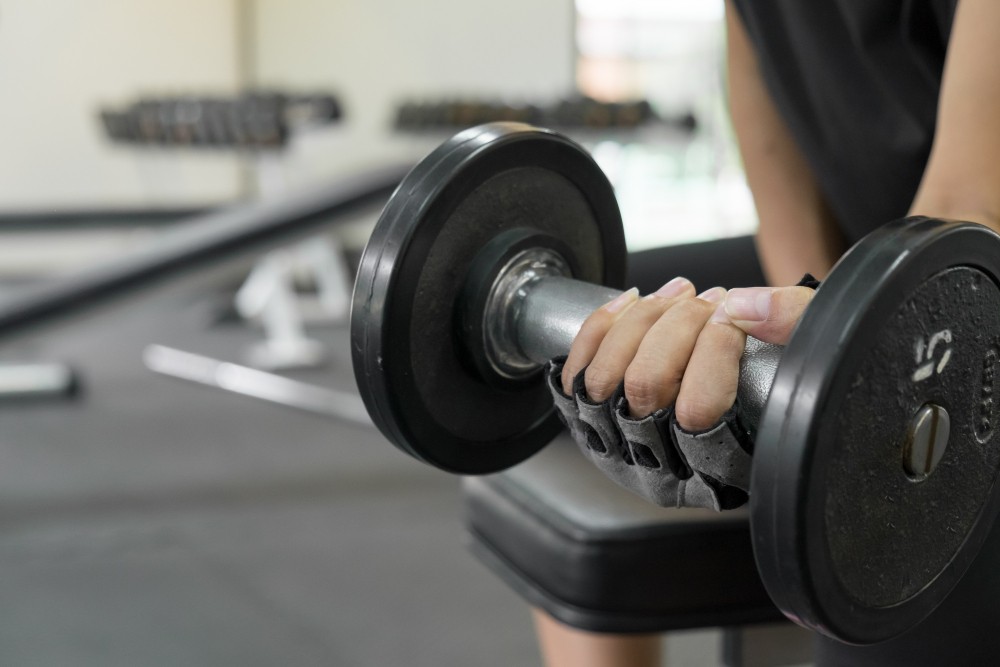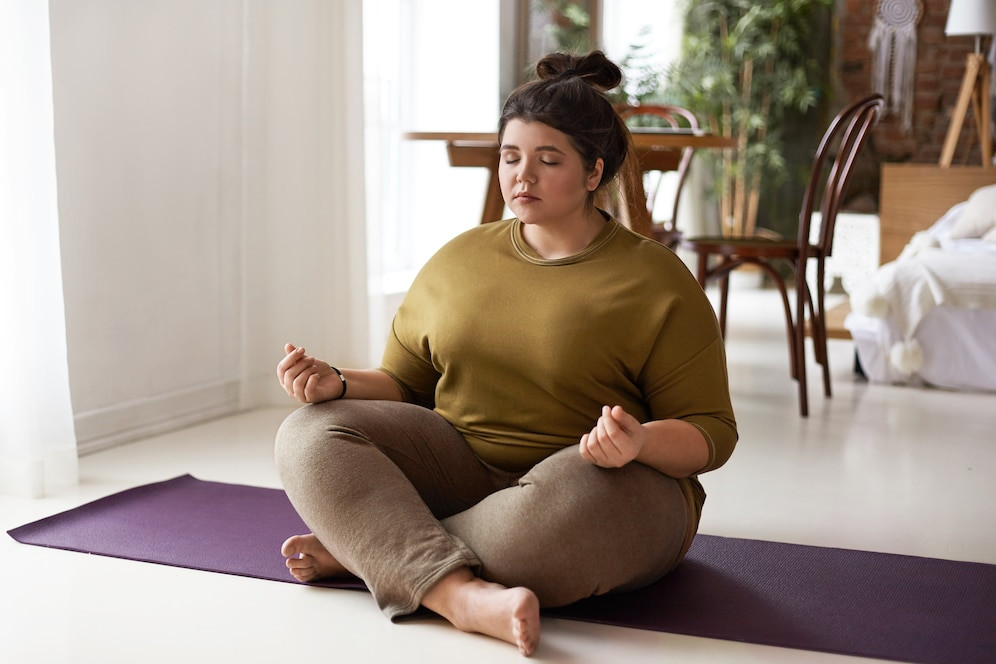Fasting in the month of Ramadan is an obligatory practice for physically healthy Muslims who have reached puberty. Functions as a means of regulating appetite, cultivating patience, and providing positive effects on physical and mental health.
During Ramadan, fasting allows the digestive system to rest and eliminate accumulated toxins and waste from the body. This fasting period can lead to weight loss, increase metabolism, and benefit heart and mental health.
Is it safe to exercise while fasting?
Many people who fast during Ramadan continue their activities as usual. Some people commit to following their exercise routine with accommodations.
But how safe is it to continue exercising while fasting?
According to experts, it is safe to exercise while fasting as long as you take the following precautions:
The appropriate time
You must choose an appropriate time to exercise, such as before or after the iftar. Exercising before Iftar allows the body to recover from exercise and improves metabolism when muscles and tissues require repair.
Exercising after iftar is also an option, but allow your body enough time to digest the food and beverages.
Exercise intensity
You should avoid exercising at excessively high intensity because it requires a lot of energy. Instead, choose light-to-moderate-intensity exercise that still has positive health benefits for the body.
Light-to-moderate-intensity exercises safely while fasting include brisk walking, static cycling at home, aerobic exercise, Zumba, swimming, and yoga. Light strength training with dumbbells is also an option, as long as the intensity is consistent and appropriate for your abilities.
Read more: 5 Fasting Guidelines For People With Diabetes
Being attentive to bodily signals, especially during fasting
When exercising during a fast, listen to your body. If you feel extremely tired, it is a sign that your body requires rest. You should also stop exercising if you are dizzy, weak, hungry, or thirsty. It is more important to avoid pushing yourself too hard, especially when fasting, than to achieve your training goals while jeopardizing your health.
Keeping the body hydrated
Make sure to drink plenty of water during Iftar and Suhoor. This is important for rehydrating your body after a long day of fasting and preparing it for exercise.
During exercise, you should drink water regularly rather than wait until thirsty. Avoid drinking too much at once so that you do not feel too full.
Get enough rest
Giving your body enough rest between exercise and iftar is critical during Ramadan fasting. This allows the body to recover and re-energize before attempting to fast again the next day.
Resting after exercise also allows the muscles to recover and repair themselves after the microscopic damage they sustain during exercise. Adequate rest is also necessary for mental recovery. It helps to reduce stress and mental fatigue that may occur after exercise.
Read more: The Risk Of Drinking Coffee At Iftar
Food and drink after exercise
After exercise, consume foods and beverages that provide adequate energy and nutrients. Maintain a healthy balance of protein, carbohydrates, fiber, fruits, and vegetables. Consider taking additional supplements to help meet nutritional requirements and boost immunity.
In addition to paying attention to the factors listed above, you should consult a doctor before beginning an exercise program while fasting. You can access health consultation services with our doctors via the Ai Care app, which can be downloaded from the App Store or Play Store.
Looking for more tips and tricks for health, first aid, and other home treatments? Click here!
- dr. Yuliana Inosensia
PharmEasy (2023). 8 Health Benefits of Fasting. Available from: https://pharmeasy.in/blog/8-powerful-health-benefits-of-fasting/
Cleveland Clinic (2024). Is it safe to work out while you’re fasting? . Available from: https://health.clevelandclinic.org/working-out-while-fasting
Sara Linberg (2023). How to Exercise Safely During Intermittent Fasting. Available from: https://www.healthline.com/health/how-to-exercise-safely-intermittent-fasting
Lauren Bedosky (2022). Should You Work Out if You’re Fasting?. Available from: https://www.everydayhealth.com/fitness/should-you-work-out-if-youre-fasting/
Hamad Medical Corporation. Stay hydrated during Ramadan. Available from: https://www.hamad.qa/EN/your%20health/Ramadan%20Health/Health%20Information/Pages/Importance-of-Water-and-Liquids.aspx
Jenna Fletcher (2021). When and how to spend a rest day. Available from: https://www.medicalnewstoday.com/articles/rest-day












